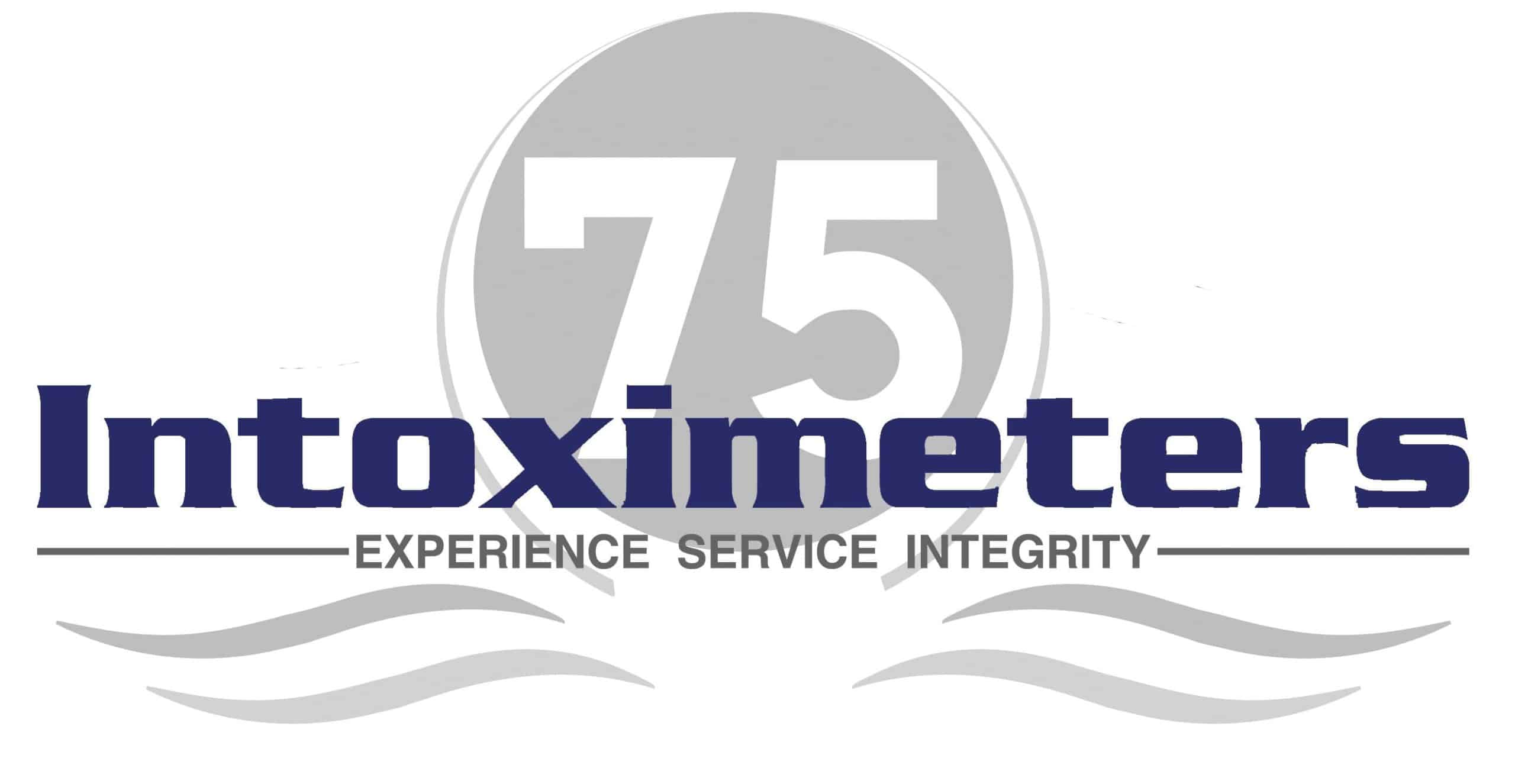Many of our customers are service providers who conduct drug and alcohol tests for a variety of employers. Occasionally we hear about an employer who is not quite up to speed with the regulatory requirements for post-accident testing. The following questions come up frequently in classes.
1. I can’t find information about performing post-accident testing in 49 CFR Part 40.
Specific information about post-accident testing is not contained in Part 40. Each DOT Operating Agency has their own section of the federal register where the types of tests that are required are listed and explained. If an employer needs to find out how to accomplish post-accident testing for Federal Transit Administration, then s/he must look in 49 CFR Part 655.
Every Operating Agency has slightly different definitions of what constitutes an accident and it is the employer’s responsibility to know these definitions and to relay any necessary instructions or information to the collector.
2. Can employers conduct post-accident drug and/or alcohol tests when the accident occurred several days earlier?
Absolutely not. The individual agency regulations are very specific about the time frame during which drug and alcohol tests are to be conducted after an accident. Alcohol tests should be performed within 2 hours after the incident, but the employer is required to stop all attempts to collect a breath sample for alcohol testing if more than 8 hours have passed since the accident. Alcohol metabolizes out of the body very quickly and any test done more than 8 hours after an incident will be meaningless. The employer must document why the test was not done within the appropriate time and have the documentation available in the event of an audit.
For controlled substances tests, the employer is required to stop all attempts to collect a urine sample for drug testing if more than 32 hours have passed since the accident. If it is not possible to accomplish the test, the employer must document why it was not done and have the documentation available for DOT agency representatives.
3. Is it true that any post-accident tests will always be done under DOT authority if a driver holds a valid Commercial Driver’s License (CDL)?
No, this is not true. One of the post-accident criteria stated in 49 CFR Part 382.303 (FMCSA) is that the driver must be performing safety-sensitive functions with respect to a commercial motor vehicle operating on a public road in commerce. If the donor was driving a forklift in the warehouse that day, then any incident that occurred would not meet the criteria for a DOT post-accident test, even if the donor is a CDL holder.
It is important to remember that DOT and non-DOT drug and alcohol testing are employer-driven programs. BATs and Collectors should not ask the donor for information about what type of test is to be performed. The employer is the responsible party and must provide the BAT or Collector with all information about the test. Make sure that your collection site has procedures for acquiring the following information from your customers:
-
- Is the test to be conducted under DOT authority or is it a non-DOT company policy test?
- What is the reason for the test? Random, Reasonable Suspicion, Post-Accident, Return to Duty, Follow-up, and Pre-employment are the only valid reasons for a DOT drug or alcohol test.
- Contact information for the Designated Employer Representative (DER).
By far, the most post-accident tests fall under Federal Motor Carrier Safety Administration rules because that agency covers the largest number of safety sensitive workers. We have generated a decision tree for FMCSA post-accident tests that might be helpful. You can download it here. Post-Accident Test Decision Tree. If you have questions about any of the Operating Agency rules, you can find links to those regulations on the ODAPC website at https://www.transportation.gov/odapc/agencies. This page also contains a listing of all the DOT Operating Agencies including contact information for the respective program managers.
